Do I Need Pre-Workout? All You Need to Know, And More!
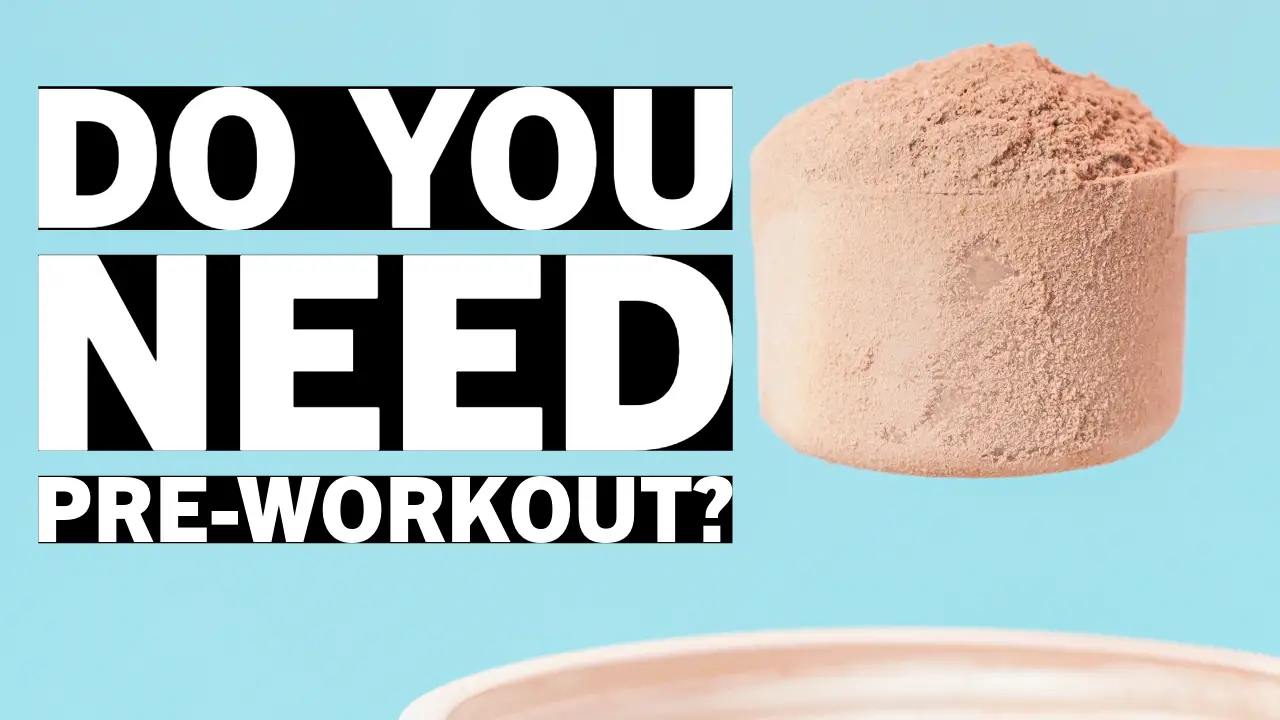
ListedFit is reader-supported. When you buy through links on our site, we may earn a small commission.
Do you ever find yourself wondering if a pre-workout supplement is truly necessary? If so, you’re not alone.
Many fitness enthusiasts and athletes have debated the benefits and potential drawbacks of these popular supplements.
Pre-workout supplements commonly contain ingredients designed to boost energy, enhance performance, and improve endurance during exercise.
But do they make a significant difference, and more importantly, are they safe to use?

Quick Summary
While some individuals swear by their pre-workout regimen, others argue that proper nutrition and hydration should be enough to fuel workouts.
As the market for these supplements continues to grow, it’s important to understand the science behind them and weigh the pros and cons before incorporating them into your routine.
So, let’s dive into the world of pre-workout supplements and explore whether you really need them or not.
Key Takeaways
- Pre-workout supplements claim to boost energy and performance, but their effectiveness varies.
- It’s crucial to weigh the potential benefits against the side effects and safety concerns.
- Consider individual ingredients in pre-workouts and always listen to your body’s needs.
Table of Contents
Does Pre-Workout Really Make a Difference?

You may be wondering whether pre-workout supplements actually make a difference in your workout routine. Well, let’s discuss a few important aspects to help you decide if they are right for you.
Firstly, pre-workout supplements often contain caffeine, which is known for its energy-boosting properties.
As you’ve probably experienced yourself, caffeine can help you feel more alert and focused, which can contribute to better performance during your workouts. Additionally, pre-workout supplements may also contain other ingredients such as creatine, amino acids, and beta-alanine, which can further enhance your performance and muscle growth.
Remember that not all pre-workout supplements are created equal. Some may have a more significant impact on your performance than others.
Many think that the most well-known, shiny and expensive supplements will give you the biggest kick and best quality ingredients. It’s so not true!
It’s also worth noting that individual responses to pre-workout supplements can vary, with some users experiencing significant benefits and others finding little to no difference.
Remember that these supplements are only a small part of your overall fitness journey, and a well-rounded approach including proper nutrition, training, and recovery is essential for success in the long run.
Moreover, if you already consume caffeine regularly, it’s necessary to keep tabs on your overall daily intake, as excessive consumption can lead to unwanted side effects.
Always be mindful of possible interactions with other supplements or medications you’re taking, and consult a healthcare professional or nutritionist if you’re unsure.
While pre-workout supplements can make a difference in your workouts, it’s essential to find one that suits your needs and goals, and to use them responsibly.
How Often Should You Take Pre-Workout?
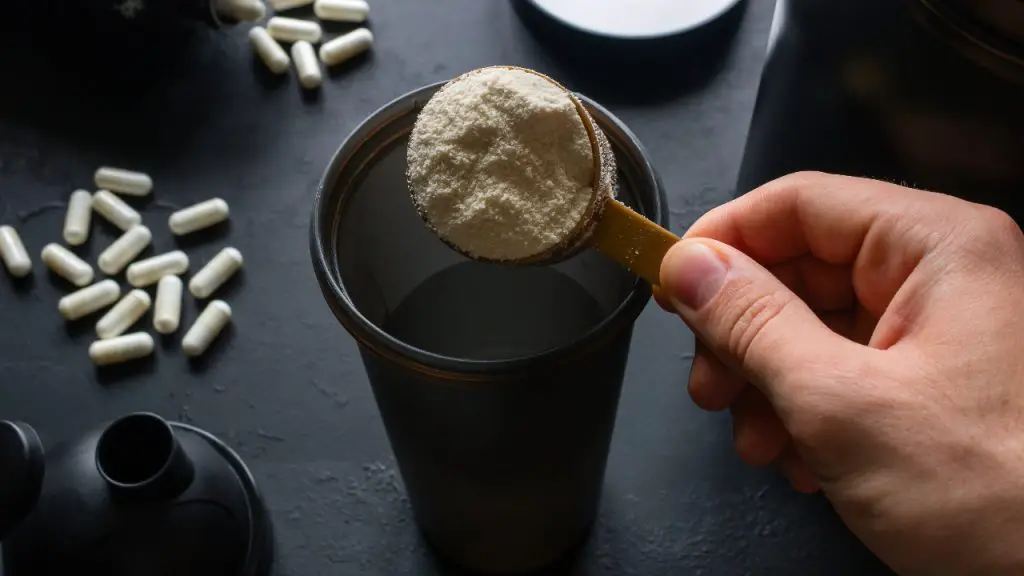
So, you’re wondering how often you should take pre-workout? It’s important to remember that everybody is different, and what might work for one person might not be the best choice for another.
There are some general guidelines to help you make the most of your pre-workout routine.
First of all, it’s a good idea to cycle your pre-workout supplement use. This means you should take it for a certain period, say 6-8 weeks, and then take a break for a week or two. This helps your body avoid building up a tolerance to the ingredients in the pre-workout, and it ensures that you’ll continue to feel the positive effects each time you take it.
The optimal frequency for taking pre-workout varies from person to person. It’s best to cycle its use and adjust the frequency based on your workout schedule, personal preference, and your body’s response to the supplement.
During those 6-8 weeks, you might wonder how frequently you should be taking your pre-workout. If you’re hitting the gym 3-5 times a week, taking pre-workout prior to each session might work well for you. On the other hand, if you’re working out every day, you may want to limit your pre-workout consumption to 3-4 times a week to avoid overloading your system with stimulants like caffeine.
It’s also crucial to listen to your body and adjust your pre-workout use accordingly. If you notice any negative side effects like jitters, trouble sleeping, or increased heart rate, it might be time to cut back on your pre-workout use, lower the dosage, or find an alternative supplement that works better for you.
Pre Workout Side Effects You Have to Be Aware Of
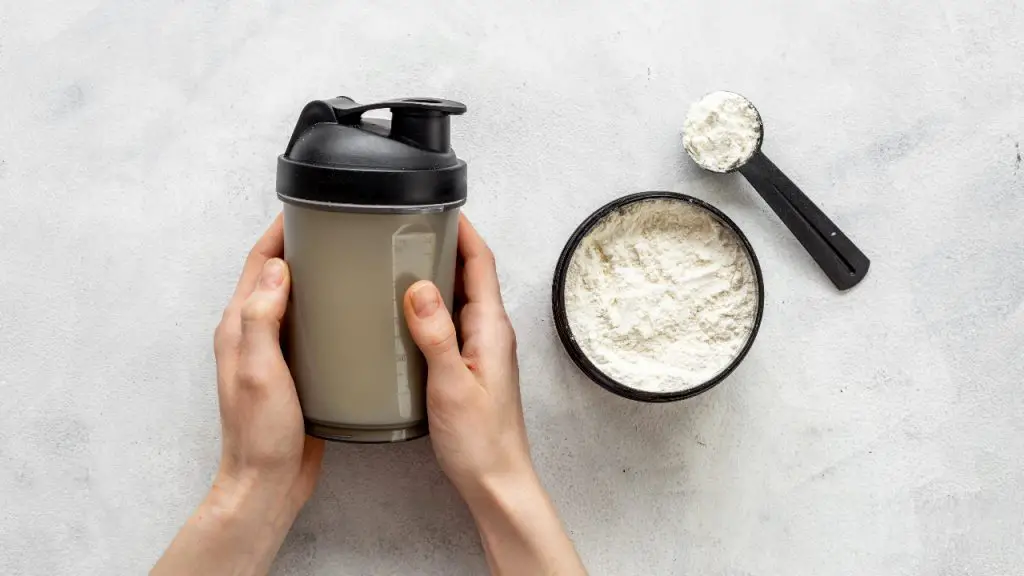
Before diving headfirst into pre workout supplements, it’s important to know some potential side effects that you may encounter. Although these products are designed to give your workouts a boost, they can also come with a few drawbacks.
Firstly, one common side effect of pre workout supplements is insomnia. Oftentimes, these products contain significant amounts of caffeine, which can make it difficult for you to fall asleep if taken too close to bedtime. To avoid this issue, try taking your pre workout supplement earlier in the day or opt for a caffeine-free alternative.
Another side effect you may experience is nausea. This can be caused by ingredients in the supplement not agreeing with your stomach, or simply taking too much at once. To minimise the risk of nausea, stick to the recommended dosage and give your body time to adjust to the supplement.
Increased heart rate is also a common side effect of pre workout supplements. This is usually due to stimulants like caffeine or other ingredients that can affect your heart rate. While an increased heart rate can be beneficial during exercise, it’s essential to monitor how your body responds. If you notice any abnormal heart rate patterns, consider reducing your dosage or consulting with a healthcare professional.
Headaches, anxiety, and jitteriness or restlessness may also occur when using pre workout products. These issues can again be linked to the stimulant content or even sensitivity to specific ingredients. If you find that you’re experiencing these side effects frequently, consider trying a different pre workout supplement or adjusting your dosage.
Lastly, it’s worth noting that some individuals may experience respiratory issues or discomfort when consuming pre workout supplements in dry form, also known as “dry scooping”. To avoid this, always dilute your pre workout powder in water and consume it as a drink.
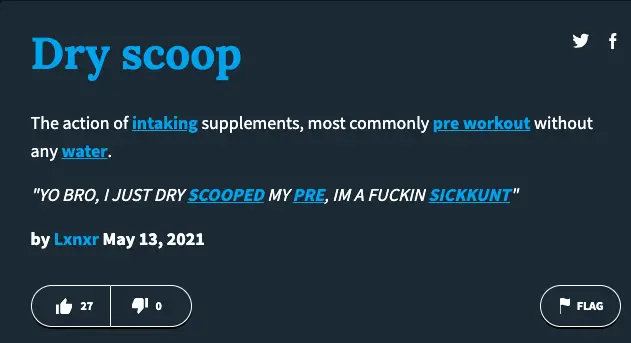
To sum up, it’s crucial to pay attention to your body when using pre workout supplements. By adhering to proper dosage guidelines, trying different products, and paying attention to ingredient labels, you can help minimise the risk of experiencing unwanted side effects.
What Are The Key Ingredients in Pre-Workout Supplements?
Alright, let’s dive into some key ingredients you’d typically find in pre-workout supplements. Knowing what’s in them can help you decide if they’re something you want to include in your fitness routine.
Caffeine is often a star player in pre-workout supplements, giving you that extra energy kick and increased focus for your workouts. It also helps boost your performance during high-intensity activities.
Creatine is another common ingredient, known for improving strength and power in short bursts of intense activity. It can help you lift heavier weights and perform explosive movements like sprinting.
You’ll also find amino acids in pre-workouts, especially the three branched-chain amino acids (BCAAs): leucine, isoleucine, and valine. These play essential roles in muscle growth and recovery. They can provide extra fuel for your muscles and keep fatigue at bay during your workout session.
Nitric oxide boosters like citrulline and arginine help increase blood flow to your muscles, delivering nutrients and oxygen more efficiently. This can lead to better performance, faster recovery, and that sought-after muscle pump feeling.
Beta-alanine is another ingredient worth mentioning. It helps reduce muscle fatigue, allowing you to work out longer and harder. The only catch is you might experience a tingling sensation on your skin, which is harmless but can be a bit surprising if you’re not expecting it.
Finally, B vitamins are often found in pre-workout supplements as they play a role in energy production. They help break down the food you eat into usable energy, keeping you powered up throughout your workout.
There you have it, some of the main ingredients found in pre-workout supplements. Remember, each product may vary in terms of specific ingredients and their concentrations, so always check the labels before you start sipping.
Why Does Pre-Workout Make You Itchy?
When using pre-workout supplements, you might have experienced an itching sensation. It’s something that bothers a lot of people, but the good news is you’re not alone. Many gym-goers and athletes have felt this same itch, and it’s actually because of an ingredient common in pre-workout supplements called beta-alanine.
Beta-alanine is an amino acid that helps increase your muscular endurance and combat muscle fatigue. It does this by boosting your body’s ability to produce carnosine, which helps buffer the acid build-up in your muscles during exercise.
However, a side effect of taking large doses of beta-alanine is that it can cause paresthesia – a “pins and needles” or itchy feeling on your skin.
This itching sensation occurs because beta-alanine activates sensory neurons in your skin. It’s a completely normal and temporary side effect that many people experience. In fact, some fitness enthusiasts even see the tingling as a sign that their pre-workout supplements are kicking in and working effectively.
While the itching caused by pre-workout supplements can be uncomfortable, it’s generally not harmful. If you find that the itching is too bothersome for you, there are a few strategies you can try to minimise it. You can start by taking a lower dose of your pre-workout supplement or even try a pre-workout without beta-alanine. Additionally, splitting the dosage into smaller portions and taking it throughout the day can also help reduce the sensation.
So now that you know why pre-workouts make you itchy, you can make an informed decision on whether you want to continue using them. Just remember that the itching sensation usually means that the beta-alanine in your supplement is doing its job, and your muscles are preparing for a great workout.
Frequently Asked Questions
What are the benefits of taking pre-workout?
Pre-workout supplements can offer a range of benefits. They typically contain ingredients such as caffeine and amino acids that help boost your energy, focus, and endurance during workouts.
This means that you may be able to train harder and longer, making the most of your gym sessions.
Is pre-workout suitable for beginners?
Yes, pre-workouts can be suitable for beginners as well.
However, it’s important to start with a lower dosage to assess your tolerance, as some pre-workout supplements can be quite potent.
Always read the label and follow the recommended usage instructions.
Does pre-workout improve muscle gain?
While pre-workouts themselves may not directly lead to muscle gain, the increased energy and performance they provide can potentially aid in muscle-building.
Essentially, they can enable you to push yourself harder during workouts, helping you get more out of each training session and potentially increase muscle growth over time.
Can pre-workout have negative effects on the heart?
Some pre-workout ingredients, such as caffeine and other stimulants, can cause increased heart rate and blood pressure.
If you have a pre-existing heart condition or are sensitive to stimulants, it’s best to consult your doctor before taking any pre-workout supplement.
Exercise caution, and always follow the recommended guidelines on the product label.
Are pre-workout drinks better than supplements?
The choice between pre-workout drinks and supplements ultimately comes down to personal preference.
Both forms can provide similar benefits, depending on the ingredients and dosages.
Some people prefer powdered supplements because they can be mixed with water, whereas others like the convenience of ready-to-drink options.
Choose the format that works best for your lifestyle and workout routine.
Is it possible to build muscle without pre-workout?
Yes, it’s definitely possible to build muscle without using pre-workout supplements. While they can provide a helpful boost during workouts, they are not essential for muscle growth.
A well-structured training programme, consistent effort, and a balanced diet rich in protein, healthy fats, and complex carbohydrates are the key factors that contribute to successful muscle-building.
Author
-
Stuart Patrick is a health and fitness lifestyle journalist who writes for ListedFit.com.
“I've spent a lot of time trying to get in shape and change my body and I realised there are so many untruths in the health and fitness industry that can slow down or stop your progress, so I share my knowledge and experience to help others to cut through the BS.”
Latest entries
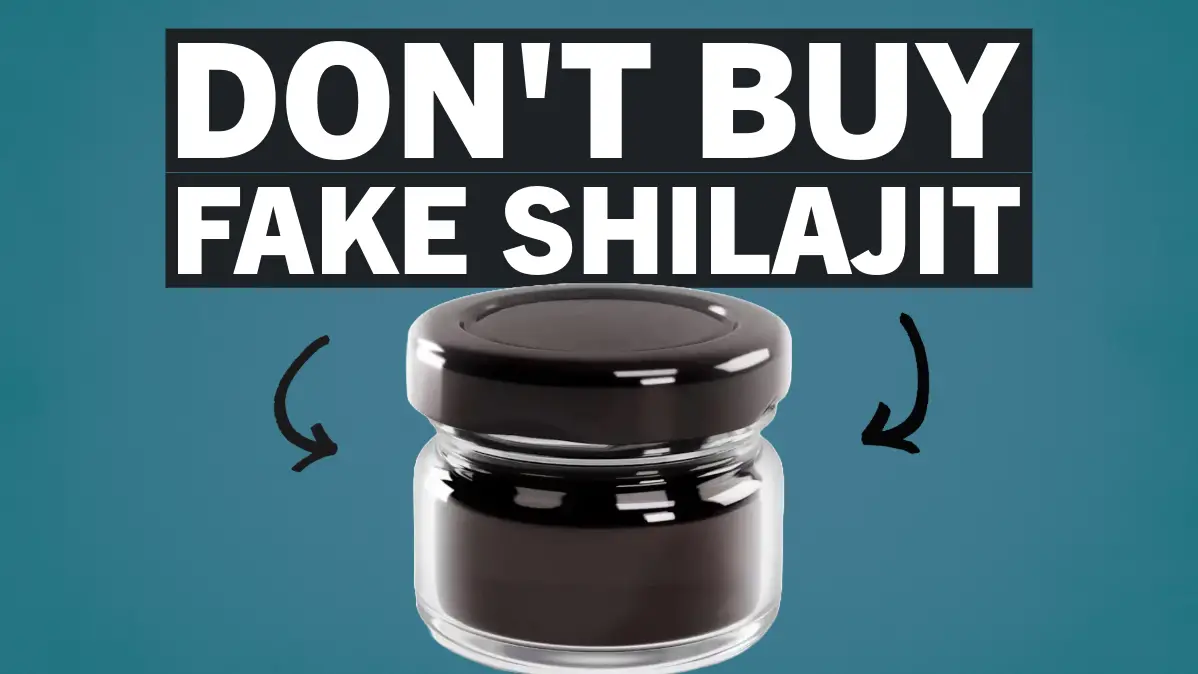 NutritionJune 5, 2024Shilajit Products
NutritionJune 5, 2024Shilajit Products FitnessMay 14, 2024Donate Blood
FitnessMay 14, 2024Donate Blood GearApril 6, 2024HOKA Kawana 2 Review – Are These The Best HOKA Gym Shoes?
GearApril 6, 2024HOKA Kawana 2 Review – Are These The Best HOKA Gym Shoes? CrossFitApril 4, 2024How Many Pull-Ups Should I Do Daily? Let’s Figure it Out…
CrossFitApril 4, 2024How Many Pull-Ups Should I Do Daily? Let’s Figure it Out…
Affiliates:
This post may contain affiliate links that at no additional cost to you, the site may earn a small commission. We only recommend products we would use ourselves and all opinions expressed on this site are our own.
General Advice:
The information provided in this article is for general informational purposes only. It is not intended as a substitute for professional advice. Always consult with a qualified healthcare professional before starting any new diet, exercise program, or making changes to your health routine.
Accuracy Advice:
While we strive to provide up-to-date and accurate information, the content in this article may not reflect the most current research or medical guidelines. We encourage readers to do further research and consult with professionals for more personalized advice.
Our Recommendations:
The products and services mentioned in any of our articles are recommended based on our independent research and personal experience. We are not sponsored by any company. We aim to suggest products and services we believe are of high quality and could be beneficial to our readers.






